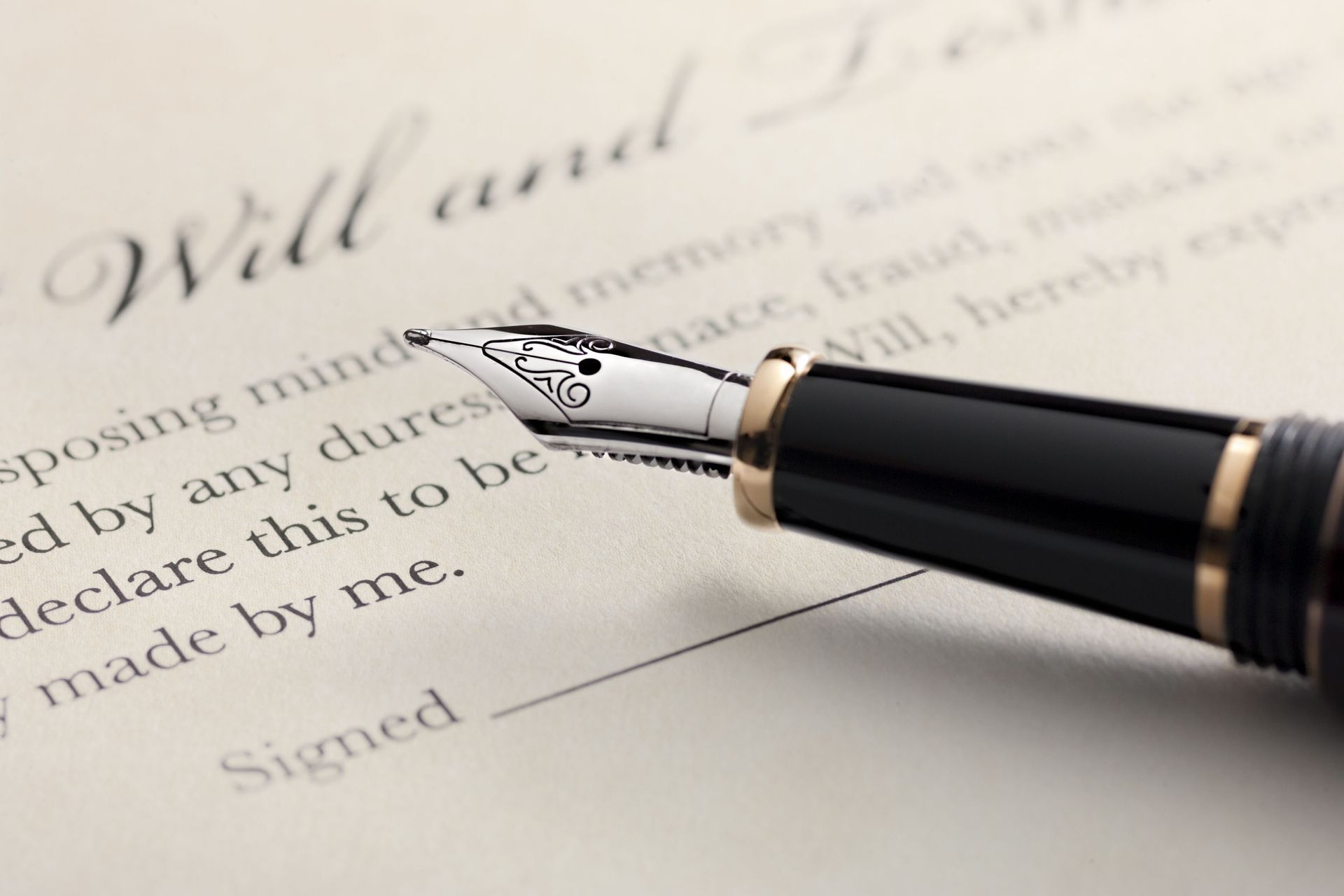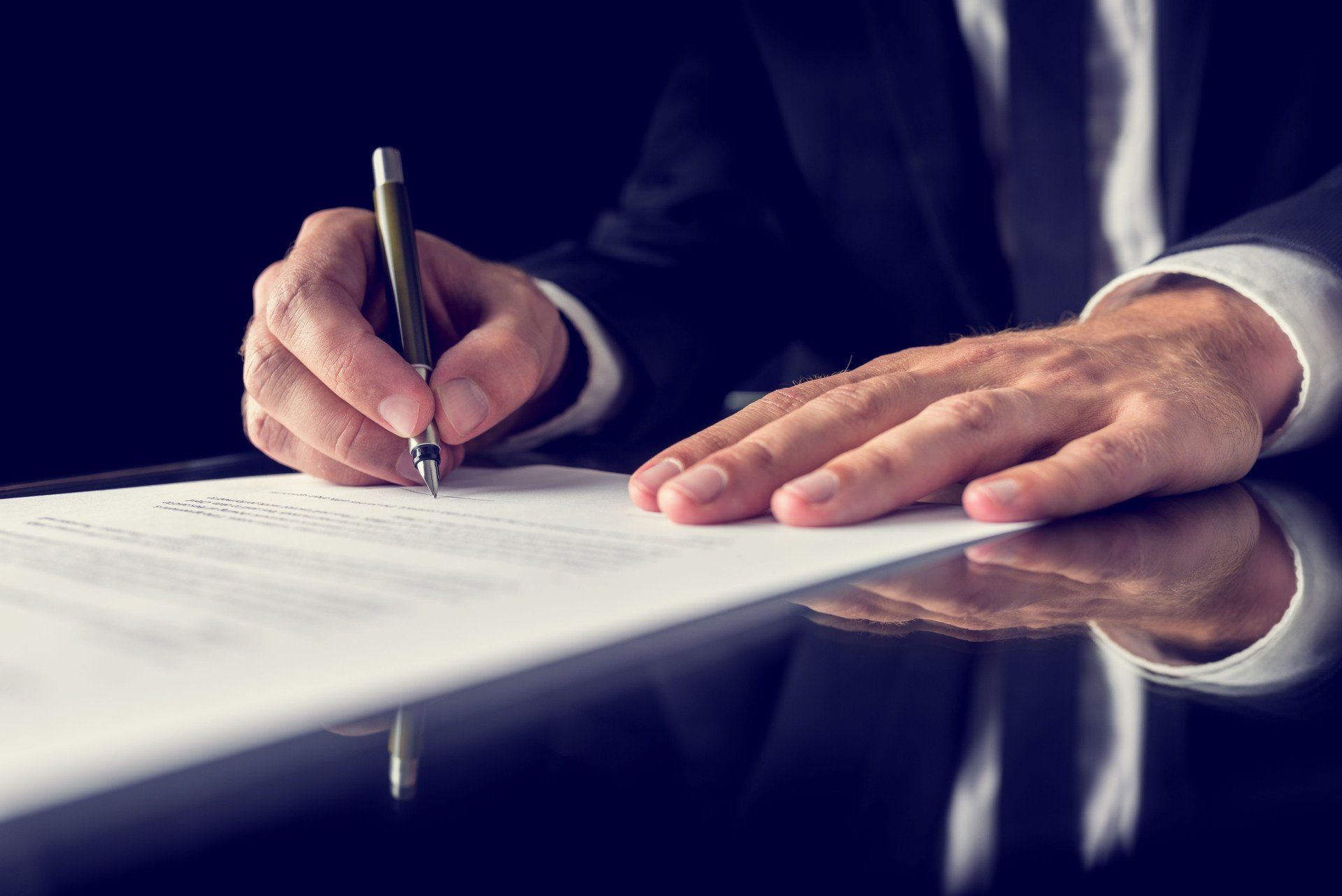How to Prepare for Your First Meeting With Your Estate Planner
Preparing for your first meeting with an estate planner is a crucial step towards securing your financial future and ensuring your loved ones are taken care of after you're gone. An estate planner can help you navigate the often-complex world of wills, trusts, and estate taxes, but your journey begins long before that first consultation. To make the most out of this initial meeting, it's important to come prepared with information and documents that will help the planner understand your financial landscape and personal goals.
Gather Key Documents
Start by gathering important documents that outline your assets, liabilities, and any existing estate plans you may have. These documents could include property deeds, life insurance policies, investment statements, and any other financial paperwork that paints a clear picture of your current financial standing. It's important to be as thorough as possible; the more comprehensive your documentation, the better tailored any advice and plans will be. This will not only save time but also ensure that nothing critical is overlooked.
Clarify Your Goals
Understanding your goals and priorities is another key component for a successful first meeting. Reflect on what you want to achieve with your estate plan. Are you primarily focused on minimizing taxes, setting up educational funds for your grandchildren, or perhaps ensuring a charitable legacy? According to CNBC, 33% of people believe they don't have enough assets to pass on to their loved ones. This mindset can be limiting, as estate planning isn't just for the wealthy; it’s about making sure your wishes are honored, regardless of the size of your estate.
Come with Questions
Finally, draft a list of questions and concerns to discuss during your meeting. Don’t shy away from asking about things you don’t understand. Whether it's about the benefits of creating a trust versus a will or understanding the probate process, getting answers to these questions is essential for peace of mind. An open and transparent dialogue with your estate planner will help build a relationship of trust, which is fundamental as you work together to craft a comprehensive estate plan that aligns with your goals.
Preparation is key to a productive first meeting with your estate planner. By organizing documents, clarifying your goals, and preparing pertinent questions, you'll be well-equipped to engage in meaningful discussions that set the stage for effective estate planning. Remember, estate planning is not just about the assets you own but about ensuring your wishes and your legacy are honored. For more information about the services that we offer, reach out to our incredible team at John J. Homola Attorney and Counselor at Law today!






Share On: